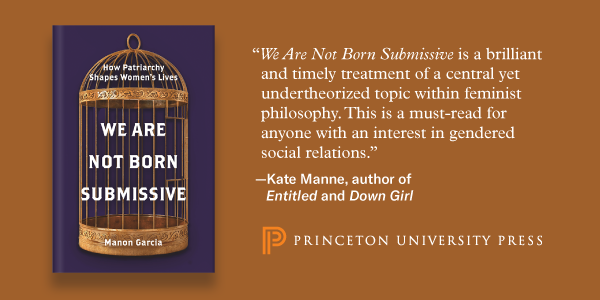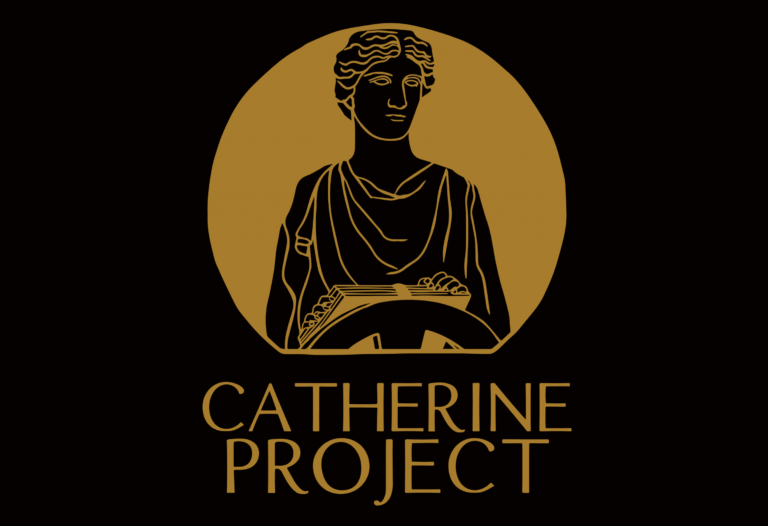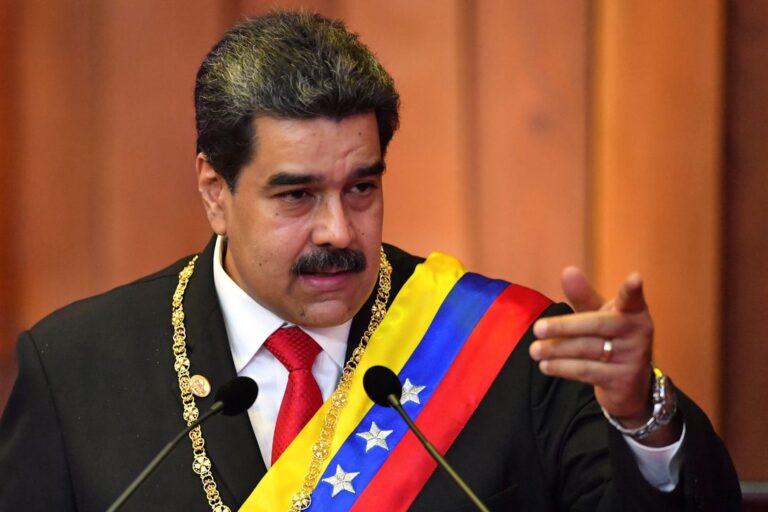I have been working on the promotion of philosophy and philosophical thinking for a long time. However, this particular struggle concerns all of us. I urge every person to take this problem seriously and consider it carefully. It is not too late to save the children trapped in everyday hyperbanality today—but tomorrow, it might be.
Recently, the Serbian government eliminated philosophy from its required courses in high schools, replacing it with a set of electives (one of which is “logic and ethics”), and raising concerns not just about the education of students but also about those responsible for teaching the philosophy courses losing their jobs.

In addition to the problems concerning job positions, an even bigger and more salient problem is that future generations, if the situation remains unchanged, would be deprived of the option to obtain an understanding of what it means to think argumentatively and, therefore, look at one and the same topic through infinitely many lenses, bearing in mind many options and possibilities.
The Battle for Philosophy in Serbian Schools
by Ivan Vučković
Being at least somewhat familiar with the existence of one of the earliest civilizations of this world, we are aware that some of the most important minds of all time (mathematicians, physicists, scientists, etc.) were in fact philosophers (such prominent minds include Pythagoras, Leonardo da Vinci, Descartes, Leibniz, Newton, etc.). It is clear that society cannot give rise to true intellectuals if people are not ready to examine the implications of their work more widely and deeply, and constantly improve their thinking by reflecting on what they do—which are some of the central skills and habits taught in philosophy.
Obviously, philosophy has begun to seriously bother someone. The question is who and why (especially now)? Why do we want to exclude the basis of all sciences from schools? Who are the “sages” that decided that such an “education reform” should be implemented?
Undoubtedly, this is an ongoing issue in Serbia and even the bigger part of Europe. Modern society seems to eliminate the need for critical thinking and individuality. Destroying the institutions that stand against this trend and that help us examine our current situation and developments, like a school curriculum that requires philosophy, will take a severe toll which will not be merely local. The expulsion of philosophy indeed is a global issue.
In a few years, philosophy as a subject in high schools will no longer exist in Serbia. Since I teach this subject in several high schools, I will lose my job in ten years’ time. Unfortunately, however, not only myself, but also all of my colleagues from Serbia are in the same situation.
Therefore, teachers will have to stand united in order to save what can be saved. Some have already begun to do so. However, in this fight, institutions and all the media in this country must get involved as soon as possible.
Having recently discussed this issue with Professor Noam Chomsky, as well as with several of my colleagues from Austria and Switzerland, it became clear that everyone agreed on one thing: we are in a problematic situation, but these are our problems, and we have to face and resolve them ourselves.

[Lana Vasiljevic, “Silent Talk”]
In the following guest post, Ivan Vučković, who earned his degree in philosophy from the University of Niš, and who works as a philosophy teacher in a few secondary schools in Serbia, calls upon fellow philosophers and teachers in Serbia and around the world to fight for philosophy’s place in the education of today’s youth.





